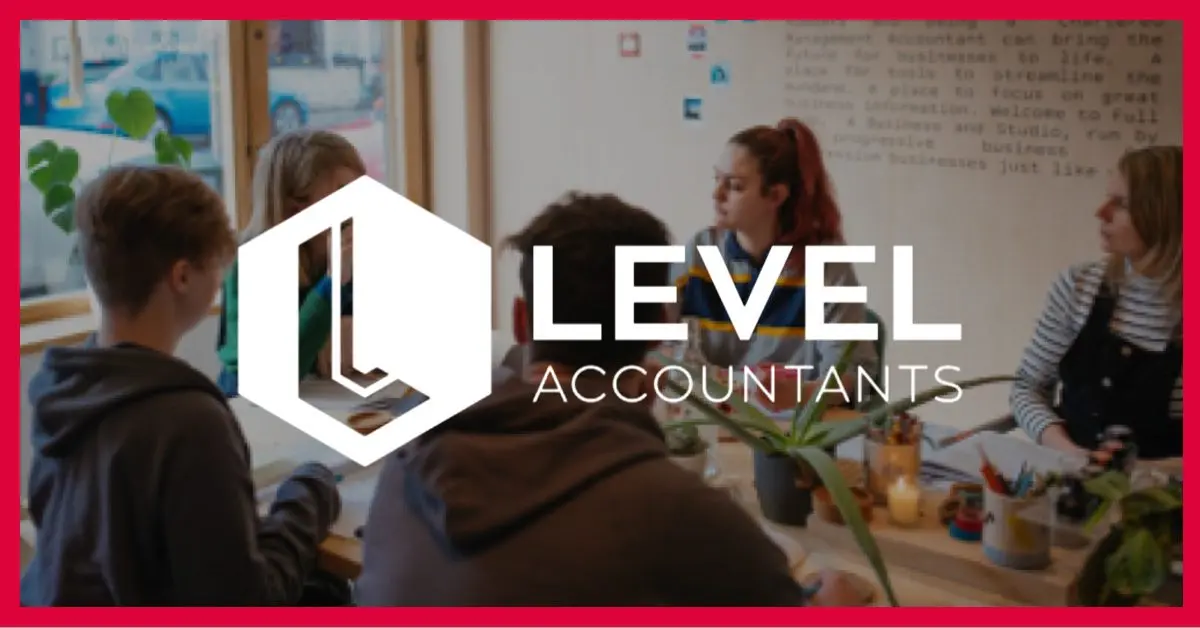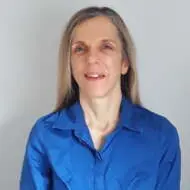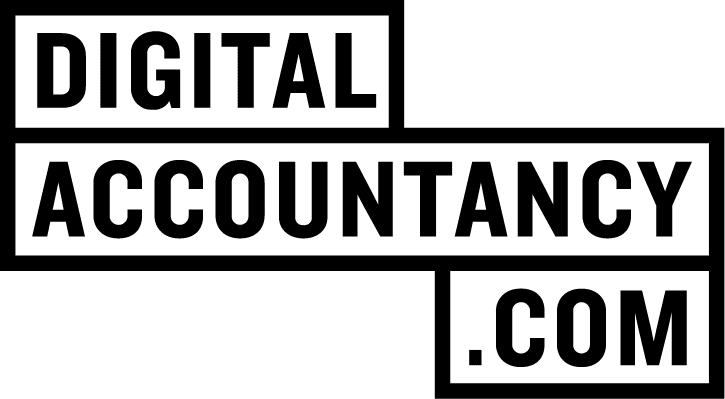Level Accountants is a successful digital practice based in Bolton and founded by Dan Ryder and Chris Quegan. The firm focuses on providing accounting services to tradesmen and we caught up with Dan to find out a little bit more about the firm and how they operate.
Dan, can you tell me a little about yourself and what you did before you started Level Accountants. Why did you decide to start up your own accountancy firm?
It’s a long story! I worked in IT for 18 years in various technical and business roles before finding myself no longer employed, a child having just started private school and a mortgage to pay. I needed some form of income rapidly.
A chance conversation resulted in me agreeing to buy the remains of a small practice. The original owner had agreed to sell to another practice but it had gone wrong. We agreed that I would purchase the practice on the understanding that he would stay on for 3 years, and I would retrain. This all happened around November 2016, right before tax season. That was one heck of a baptism of fire!
That is quite a change in your career – how difficult was that to do? Where did you get your experience from?
People will hate me for saying this but the transition wasn’t that difficult. I’d studied accounting at university and it was covered heavily as part of my MBA. The current focus on IT and cloud was never going to be an issue given my background and all my previous roles had some kind of client facing element. The main issue was getting to grips with the compliance requirements and good old HMRC.
You focus on trades such as plumbers, electricians, builders. Why did you choose this area as your niche?
Very early on I was keen to put together a marketing strategy. There are really only 3 marketing strategies you can use, price leadership, differentiation or focus (niching). I didn’t fancy going down the low cost route and true differentiation is really hard to achieve so focus was the only real option.
After a review of our clients we noticed two key niche’s, Tradesmen and Beauty. In the beginning we tried to market to both, but it diluted the message, so we went down the tradesman route. Funnily enough we still get a good number of leads from the beauty sector, so I don’t regret the decision.
Though we niche we do have a number of clients that don’t fall within either. They’ve mainly been with us for years or they are referred to us by other clients. Normally I turn clients away if they aren’t in one of the niche’s, but some are so persistent that I end up saying yes!
What services do you offer your clients? Have you tried to move away from compliance to an advisory based practice?
Everything starts with compliance so naturally most of our work is compliance based, mainly self assessment, VAT, year end accounts and CIS\PAYE. We also do a bit of book keeping when we don’t think it’s going to be too much hassle.
We’ve branched out into monthly reporting, review meetings, dashboarding and some accounts payable work in the last year, but at the moment I’m not sure if we will still go down this route. The compliance work is so efficient for us compared with the advisory part, and, being a small practice of just 3 people, it means that I have to be more involved in the advisory work than I’d like. If we continue to grow then I may look into this again but if I could just focus on compliance with a sprinkling of advisory I’d be very happy.
With Covid, there have been many challenges for businesses. How did the pandemic impact your clients and what did you do to help them through the initial weeks after lockdown in the UK?
Well to say it’s been manic would be an understatement! March was one of our busiest months ever and that has continued to this day. April and May are always busy months due to the PAYE and CIS year end so, couple that with furloughing submissions and it’s been a challenge.
A large portion of my clients have been unable to work. A lot of building sites shut down due to supply issues and those serving the domestic market are being refused access to people’s homes. We had a lot of very difficult conversations with people panicking or wanting to vent their frustration.
Early on we sent out text messages and emails to our clients which helped, but people really like to talk in these situations, so that’s what we did. It may have taken a lot of time up but overall I’m hoping that it cements our relationship with clients and puts them in a better place once everything is sorted. Our aim at the beginning of this was to try and come out without losing any clients, either from them leaving or going out of business. Time will tell before we can see if it has gone to plan.
As a result of Covid, have you changed or added any services that you offer?
We made the decision early on not to add any services. Having just purchased the new practice it made more sense to double down and consolidate rather than risk what we had. I’ll look at it again next year once things have returned to some kind of normality.
When the UK went into lockdown, we all had to work remotely. As you are office based usually, how easy was this for you to do and how did your team manage with the change?
IT wise we are 100% cloud, so it wasn’t an issue working from home. We simply took equipment home just to make things easier, such as dual monitors and the IP phones. The main work issue has been scheduling work, but that’s more an issue caused by the number of calls and requests coming in rather than working from home. I’m confident that this wouldn’t be an issue in a normal year.
The other challenge has been fitting work around home schooling. My wife works in the NHS, so her work is considerably more important than mine right now so we decided that I would do the home schooling and I have had to juggle work around that.
Will you retain your office in the future?
I’ve decided that we will keep the office, but I intend on working from home a lot more often. It will give me an excuse to build a new study at home.
Technology is at the core of what you do. What specialist apps do you use to help your clients and why?
Capium and Xero are our core apps so anything we use needs to integrate with one of these. For the larger trade business we’ve found Commusoft to be a great app. It’s very easy to use and integrates well with Xero and some of the payment platforms. It also has an OCR aspect although we predominantly use Hubdoc.
We do have a few clients in the hospitality industry and the app we always recommend to them is Tabology. Again, it integrates with Xero, it’s easy to use and the reporting is brilliant. The guys there are always happy to add in features.
Whilst technology is core as to how we do things internally, a number of our clients wouldn’t know how to switch a computer on! We’ve worked hard on creating a “stack” which helps us do what we need to do without forcing a client into doing something they aren’t comfortable with.
Early on in the business, you undertook a detailed technology audit of your business. What did that entail?
At the beginning I looked to review what app’s we needed to carry out our core work. Everything was based on Excel and was a little dated to say the least.
Having come from IT, I knew the benefits of the cloud but also understood that it could end up costing a lot more in the long run if not implemented correctly. So I wanted to get it right. We looked at 3 options:
Traditional locally installed apps
Remote Desktop based solutions
And True Cloud.
Using a model developed while I worked at an Managed Service Provider, we worked out what the true cost was for each solution – even down to electricity costs. The results helped us build a road map for where we needed to be and helped us build our initial stack.
Did you find that doing this audit helped you to make changes and decide on what you were going to offer as a service in your firm?
Definitely. In the beginning it was all about getting the right apps in place to make the services we provide easier. Now it’s about being efficient and cost effective. At the end of the day we need a minimum number of staff to run the practice, that will never change, so it makes more sense to make sure they are busy rather than pay extra for software to make them less busy.
Our original cloud stack was highly automated, but also really expensive. And was getting more expensive as we added more clients on board. Yes it grew in line with the number of clients but I wanted to see more economies of scale, not less. So, we actually removed some of the apps. For example, we moved a number of clients from Xero to Capium if they didn’t need any of the extra features. This saved us money while still providing the same level of service to the clients.
Do you consider a technology audit to be a step that all accountants should undertake?
Yes and I would say you should carry out a technology audit at least yearly. New software comes out all the time. Existing software matures and gets better. Other software gets left behind.
Technology is such a key area of your practice, if not THE key area, so I can’t see why you wouldn’t review it on a regular basis. Things are changing so quickly now then it could quickly cost you a lot, in either money, or time and effort, if you don’t keep reviewing it.
I’m lucky because I can do this myself but there are a number of good consultants who can help.
How do you decide on an app to use and do you regularly try new apps or do you find one that you like and stick with them?
I’m a recovering app junkie! I used to install and test anything that I thought could save a few minutes time. Now I’m much more restrained and stick to what’s needed. At the end of the day you can only work with a small number of apps, otherwise you or your staff can’t provide a good level of services.
When deciding on apps, we only have a small number of criteria,
Can it help us or our clients save time?
Do I or my staff understand it enough to answer questions when asked?
Is the provider likely to be in business long term – there no point investing time and effort in an app if support is withdrawn in the near future.
It can be quite challenging having no business partner to work with. Do you have anyone that you can bounce ideas off?
Luckily I’ve always had someone around. In the beginning it was the original owner. Now it’s the owner we made the recent purchase from. Both have very similar personalities and will challenge any ideas I come up with. They have no vested interest apart from maybe legacy, so it produces good, honest conversations.
I’m also very close to the guys and girls at Capium, so it gives me a good insight into what is happening outside my little bubble.
Finally I’ve worked with Amanda C Watt’s. over the years, who I rate highly and is always open to a chat.
What are the biggest challenges that you face in your work?
Time will always be an issue for a small practice owner. Trying to run the practice and grow it at the same time can be difficult but it becomes easier the bigger we get.
It’s a challenge to find the right staff. We have gone down the path of employing the right personality for us and then training, but this is a longer process and limits our ability to take on more clients and introduce more services. Outsourcing could be the answer but I’ve found working with other accountants to be challenging.
Finally changes in compliance are always a challenge. We handled MTD very well but there was no way we could plan for all the furlough work and who knows what HMRC have in store for us now!
What would be your top tips to an accountant thinking about or who has just set up their own cloud based accountancy firm?
Don’t follow the herd. I see so many trying to copy what other successful practices without really knowing what makes them successful or if they are even successful in the first place.
Secondly restrain from buying every shiny app. You can end up creating a near fully automated system but it will cost an absolute fortune. In the early days you need to make sure you have enough profit to live off. If that means doing some of the work manually, then so be it. You can always add apps later but it’s harder to take away once they are in place.
Don’t hide behind a computer. At the end of the day this is a relationship based business, go out and see your clients. The great advantage of cloud is that we can do anyone’s accounts no matter where they are but people still want that personal touch, especially at the beginning of the relationship. It can be done remotely but it’s much more difficult.
One last tip – read the E-Myth Accountant. It’s a great book with a very simple message that most practice owners will relate too.








